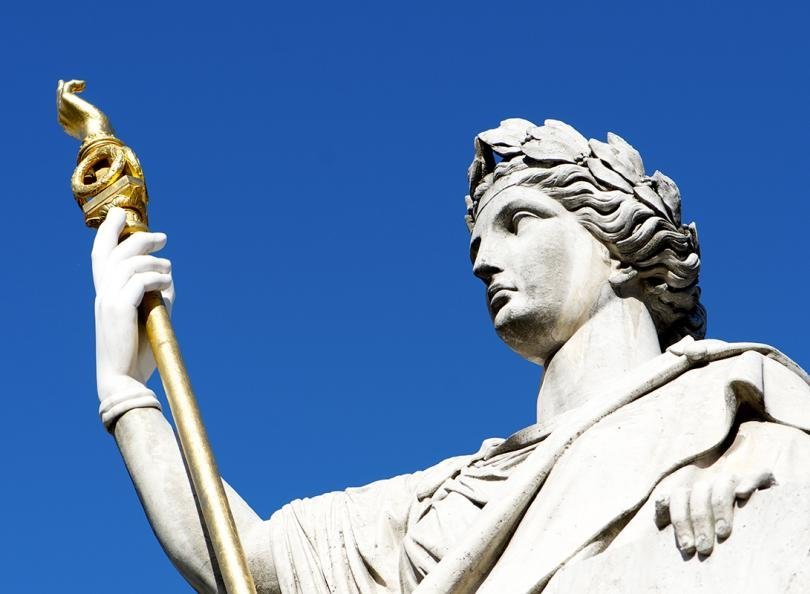FRANCE: A provision of the bill “Strengthening Republican values” worries associations
UPDATE 9 April 2021: The Law is currently discussed in the Senate. On 8 April, associations and trade unions protested against the law. Read the joint letter here.
***
Unofficial translation of the statement by Mouvement Associatif, published in French on 18 January. Accessible here
Read the analysis of the law by Mouvement Associative (in French)
After lively debates that have animated the public debate on freedom of expression, freedom of association is now being challenged by the draft Law “strengthening Republic values”. Both public freedoms are at the heart of the republican and democratic foundations. These are the first freedoms that authoritarian regimes generally seek to muzzle. Every time, a few cases of infringement of the law are used as a pretext to impose a new coercive law applicable to all even though the legal arsenal in force already makes it possible to condemn these abuses. […] Pseudo associations calling for violent radicalism and appealing to hatred, whether of religious nature or not, that violate republican laws and freedoms (including the right of association!), can be legally dissolved (Article 212-1 of the Code of Internal Security). There is no shortage of examples.
For this reasons, the Associative Movement as a whole legitimately questions the motives behind the new “contract of republican commitment ” for associations receiving subsidies foreseen in the draft law “strengthening the respect of the principles of the Republic”. Why should a few marginal cases, which are neither in the spirit nor in the letter of the 1901 Law on associations, which is one of our few principles with constitutional value, lead to suspicion being cast on the whole associative world by imposing on it the precondition of a “contract of republican commitment “? All the more so as the organisations that the Law aims to target will not be concerned by the signing of this contract as in most cases do not receive state subsidies?
In addition, the Charter of Reciprocal Commitments was signed by the State, the associations of local elected representatives and Le Mouvement associative in 2001 and again in 2014, and every association commits itself to it when applying for public subsidies. However, as expressed by the High Council for Associations in its opinion on this bill, in addition to the laws of the Republic to which associations are naturally subject, the Charter already provides for respect for the principles of the Republic and non-discrimination between individuals. And it has the great quality of being born out of a relationship of trust between the public authorities and the associations and not out of a logic of all-control, which is illusory but dangerous.
Imposing a sort of prior license of compliance with principles of the Republic is reminiscent of terrible memories in the turbulent history of the freedom of association: memories of regimes of a priori control of the right of association, which established widespread mistrust and curbed the engagement of citizens. Their abolition, in favour of a reciprocal commitment accompanied by a posteriori scrutiny when necessary, is precisely one of the great republican conquests for freedom.
Under these conditions, this new “contract of republican commitment” is either useless or questionable if it increases discretionary power over the judgement of conformity to “republican values”. All the more so as the details and expectations of this contract will be published by decree. Will Catholic, Protestant, Jewish or Muslim faith-based associations, which provide an essential part of the charity work and fight against unprecedented misery, pass the republican test? We know that it is precisely the form of association promoted by the Republic that has opened religions to respect secularism and prevented radical deviations.
The government’s objective must be to strengthen the associations in their action on the ground and define with them, the first on the front line, the targeted measures that will provide appropriate responses. Playing on the confusion with abuses of communitarianism and creating widespread doubt about the contribution of associations to the Republic from which they have sprung, and at a time when everyone welcomes their central role in the face of the effects of the pandemic, is unacceptable.

